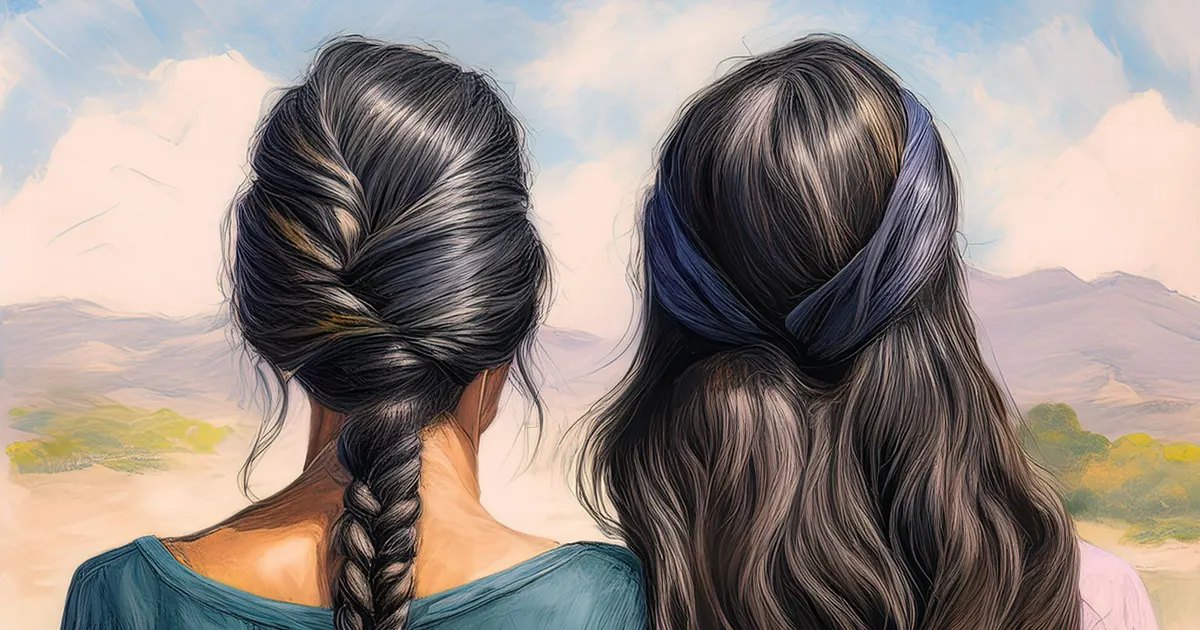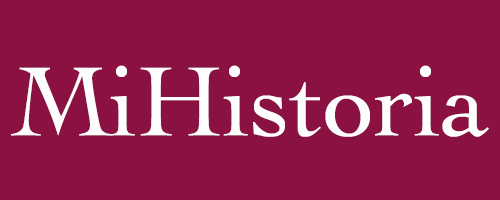
Two of us — one older and one younger — are talking about our experiences of “adulting,” what it means to both of us, and the implications for our futures.
I: As I go deeper into my 20s, I feel great stress from the independence and responsibility that comes with growing up. Meeting up with A and checking in on how we were both doing and sharing our daily challenges and accomplishments, I found it interesting that despite the different struggles we have encountered, we also share similar experiences with the same root causes of the many challenges we face. This is where the idea of writing about how we both manage “adulting” came up.
A: On the subject of “adulting,” it is difficult to learn how to navigate different seasons in life. How does one make decisions that impact and have implications for the future? What are the things we need to be aware of when we make decisions? How do those decisions affect not just us, but those around us? How does one decide?
I: When I began talking about adulting with people from my school, there were great or no concerns when thinking about adulting. For first-generation students, like us, we get fixated on “the right path” and what it will take to get or stay on that path. I find myself getting so fixated on becoming a successful adult with the financial stability to support my parents, that I lose sight of what I do have in the present and become self-critical —constantly striving for more and judging myself for not yet obtaining and accomplishing all the goals I set for myself as a kid.
A: Now, schools are pushing the curriculum down. Kids are having to learn skills that were taught in later grades much earlier. There is also limited time for play. It used to be okay to make mistakes, but that doesn’t seem to be the case anymore.
I: As I get closer to completing my bachelor’s degree, a big concern has entered my life. What will I do if the only thing I have strived to be does not come true? Many people say to stay in the present and to take the actions that will set you up for success later, but being an anxious person, it is so easy to get lost in the future.
A: 18 used to be the age people became an “adult” and it still is legally speaking. Now as an Elder, I think it has more to do with how independent you are or think you are. When we were younger, 30 was the magical age when we were over the hill. I remember being in my 20s and thinking people who were 38 or 40 were old. There were always exceptions. Teens who were emancipated were already adults doing adult things. In my forties, as a mother with teenagers, I felt old and laughed whenever I heard people referring to someone in a professional capacity at that age as being “young or emerging.” Society expected you to know it all by then at least when you were parenting.
I: The anxiety of taking the wrong step is daunting. As a first-generation Latina, it feels as if we carry not only our weight but also that of our parents and community. There are many beautiful parts to adulting, but it can also feel like the pressures of the world are suffocating you!
A: I heard recently that time slows down in space in relation to gravity. Here on earth, as you age it seems to speed up and it takes longer to get anything done and understand it well, but with this push downward of adult knowledge and responsibilities for our younger generations, where is there the space to breathe, to just be, learn, grow, and evolve?
I: At times, life does not feel like my own. The world does not care for the life circumstances one may be in and time does not stop for anyone. I come from a single-mother household that started with domestic abuse. Throughout the years, the abuse came to an end, and so did my childhood. As a kid, I was given many obligations so I always wished to be older to be taken seriously.
A: I think in our families we are taken seriously. Sometimes too seriously, for instance when we translated, a lot was riding on our translations. I’m thinking of instances where I had to translate in medical emergencies, where life-altering decisions needed to be made.
I: Now that I am older, it feels like I have been an adult for so long and there is no room left to breathe. Responsibility after responsibility, the consequences grow along with them. Learning what it means to maintain oneself has been difficult, especially when political tensions are high. Everything is constantly changing.
A: The fear is real about loss of independence and health. Will I have enough so that my kids aren’t saddled with the cost of my care in the future? What if that safety net is not available for whatever reason?
I: If my parent’s health were to decline, would I have to drop out of school to support them? How do I get experience in my dream career when internships are not paid? How do I keep myself from being consumed by emotions when the world wants me to be logical?
A: Lots of questions and not a lot of answers. Pero no me rajo, I put one foot in front of the other and we do the best we can. I look for community and continue to seek knowledge and wisdom to make the decisions that need to be made. Sometimes I come out on top, sometimes I don’t, but I never give up.
I: We push forward through the commotion to be the person our parents wished us to be, and the person we dreamed of being as kids. The goals we set as kids may not all be attainable; they keep our ability to dream alive.
A: As for the right path—I think our life’s work finds us and very few of us really get to choose because life gets in the way and priorities change. Success at this stage of my life is about how I can maintain my health, continue to be independent, not be a burden to my family and others, and be productive and useful to the world and those around me. As much as we aim for and work towards a certain path, the slightest choice can have unintended consequences and lead us in unexpected directions. It’s definitely an adventure!
I: The ability to grow up is overwhelming when thinking about all the what-ifs, but it is also a privilege many do not have. There is beauty in the experiences we gain throughout our lives, each adding to the stories we will be able to share as we get older. With the consequences we may face, there will be the opportunity to learn and grow. As kids, we set up a path for ourselves, but the lessons we get along the way will allow us to build a life we never expected.
What is it that we as individuals can control? Things can change in an instant.
How has your present aligned with the constant changes of the world?
Tejidos bloggers I and A are members of the MiHistoria team.
